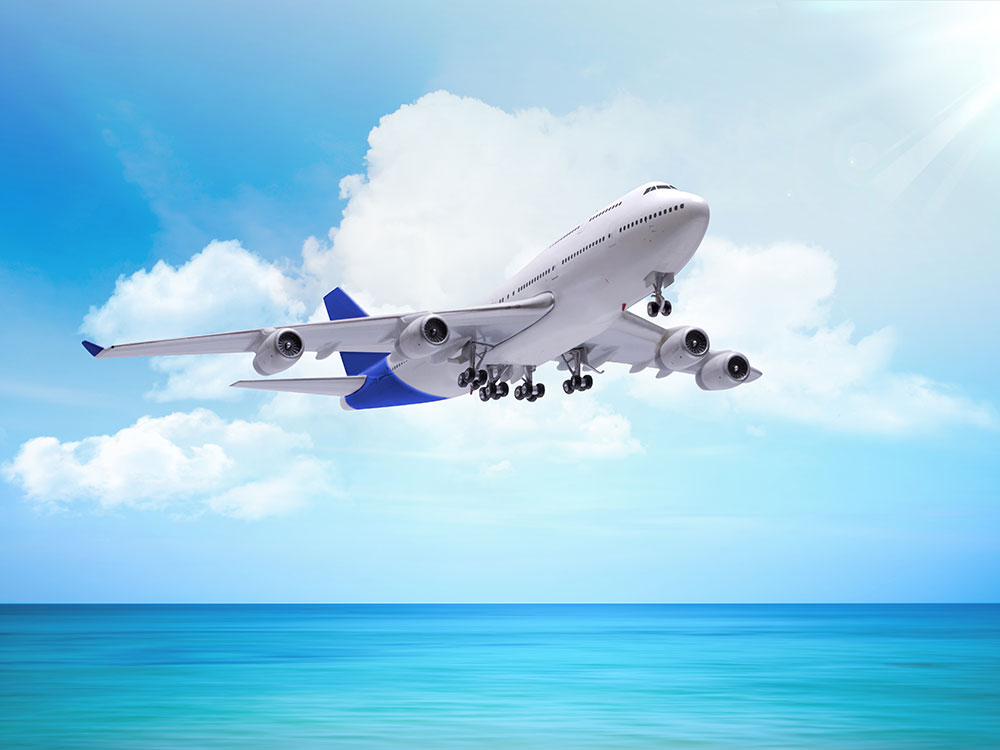Ghana, without a state airline since the failure of Ghana International Airways in 2010, is planning a new national carrier.
In November, Ghana and Boeing signed a memorandum of understanding for three Boeing 787-9s with a list price of $877.5m.
The real price paid will be lower, but the relaunched airline, in which Ghana will have a 10% stake, may be no more than a political ploy ahead of elections in late 2020.
Victor Brobbey, a lecturer at the Ghana Institute of Management and Public Administration in Accra, notes the pre-election timing, and says that elections in Ghana “tend to suck up all the oxygen in the room.”
The previous state carrier Ghana International Airlines collapsed in 2010 leaving passengers stranded after the government withdrew funding.
At the time, the airline claimed that the government was not simply refusing to provide money, but also preventing potential private investors from doing so.
This followed the failure of Ghana Airways in December 2004.
Brobbey is “very reluctant” to conclude that the new airline will be profitable. “This is a country that struggles to profitably manage a national bus service,” he says.
National airlines have been making a comeback in Africa.
Air Senegal was revived in 2018 while Tanzania has announced plans to buy new Airbus jets to increase the routes of its state-owned national carrier. Zambia is relaunching its state carrier more than 20 years after it was shut down. Brobbey attributes the trend to “ego and hubris.”
Regional potential
Minister of Aviation Joseph Kofi Adda has said that the order with Boeing “gives us an efficient and flexible machine to launch a regional network and eventually serve international destinations.”
Others struggle to see how that will be possible.
Tetteh Affotey-Walters, a consultant in competition law and public-private partnerships at the Chartered Institute of Procurement & Supply Africa, argues that expectations are low.
Ghana is already well served by airlines, he says. “I am not sure how bringing in just three air planes could help the airline’s competitive advantage.”
Also Read: These are the airlines operating in Ghana
Ghana’s political establishment misuses their privileges and ran the last airline down, Affotey-Walters says. “This is likely to happen again, given that the government is unable to ensure transparent arrangements.”
The country’s location gives it a potential strategic advantage as a regional air hub for West Africa. The Kotoka international airport has been recently renovated and expanded to include a new terminal.
The airport is currently “very underutilized”, Brobbey says, “so the potential for air passenger traffic growth is definitely there.”
But Affotey-Walters points out that there is no visibility on the planned routes and with three planes, the new airline can’t hope to be a cost leader.
South Africa Airways, Kenya Airways, Ethiopian Airways and Rwandan Air all have established fleets in the region, he notes. “The less the governmental stake in the airline,” Brobbey says, “the more likely the airline is to succeed.”
Bottom Line: Ghana’s relaunch looks more like window-dressing rather than a serious attempt to break into the regional market.



